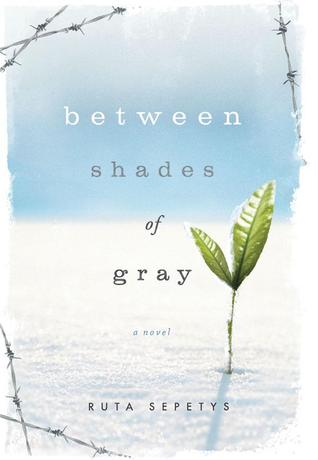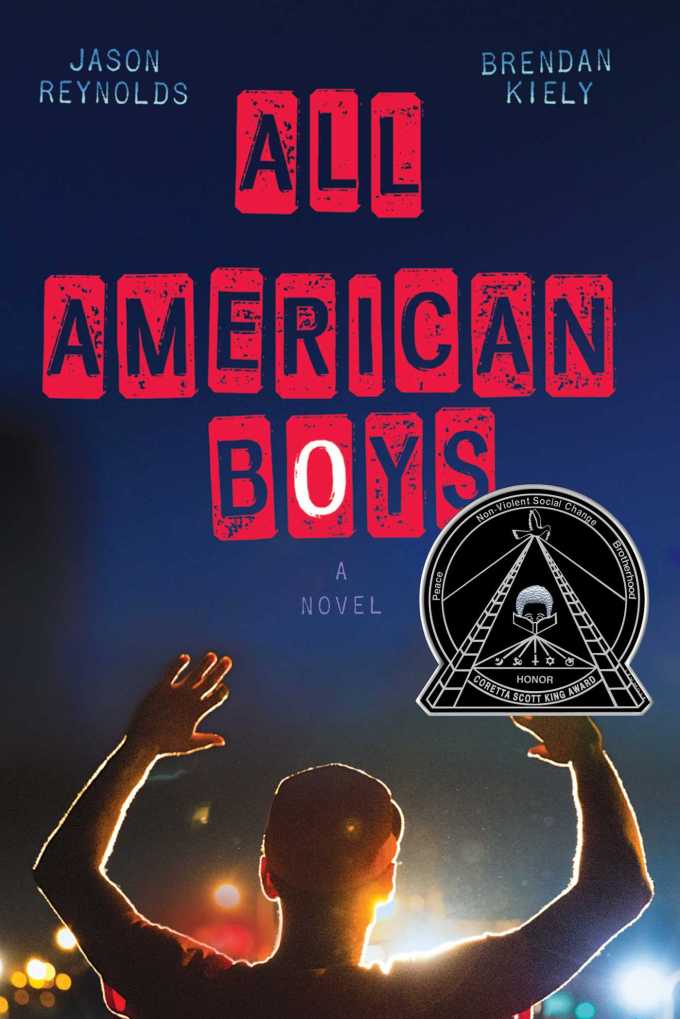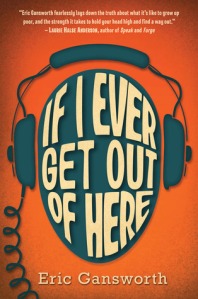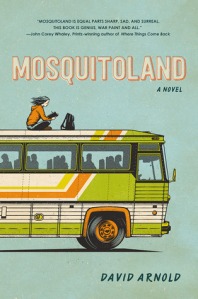 Reading this book made me feel as if I’d walked straight into a locker-room filled with sweaty, grass-stained, blood-smeared, testicle-talking, gay-bashing athletes standing around in their towels, trashing each other and every female on the planet. But don’t get me wrong. I mean that in a totally good way. This glimpse into Boy World, actually explains a lot. Sports, violence, homophobia, friendship, body image, and an obsession with sex are the building blocks of a story that, among other things, deals with the difficulties of being male in our sex-infused, misogynistic, money and image-conscious white heterosexual male-dominant world.
Reading this book made me feel as if I’d walked straight into a locker-room filled with sweaty, grass-stained, blood-smeared, testicle-talking, gay-bashing athletes standing around in their towels, trashing each other and every female on the planet. But don’t get me wrong. I mean that in a totally good way. This glimpse into Boy World, actually explains a lot. Sports, violence, homophobia, friendship, body image, and an obsession with sex are the building blocks of a story that, among other things, deals with the difficulties of being male in our sex-infused, misogynistic, money and image-conscious white heterosexual male-dominant world.
At the heart of the story is Ryan Dean West, a fourteen-year-old junior at an elite boarding school in the Pacific Northwest. He plays rugby and lusts after anything female, except of course for the ancient, witch-like floor mother of the girl’s dorm floor. Nicknamed Winger for his position on the rugby team, Ryan Dean feels like an outcast, even though he openly boasts that he is the fastest guy at the school and also one of the smartest. No matter who and what you are, it seems, being in high school really just sucks.
As Ryan Dean navigates the world of calculus, literature assignments, team practices, and friendship he also struggles to figure out how he can get Annie Altman, who is two years older than him and his best friend, to fall in love with him. Meanwhile he is not-so secretly making out (24 times to be exact- he’s kept track) with his roommate’s hot girlfriend. Ryan Dean is also one of an openly gay rugby player’s only friends, stuck in the dorm reserved for rule-breakers and troublemakers, and convinced the girls’ dorm mother has laid any number of curses on him. In the first months of his junior year, though, his foibles and infractions of the rules give him new insight into the role that intellect, honesty, and honor play in sports, friendship and life.
As usual Andrew Smith doesn’t pull any punches as he portrays Ryan Dean’s experience, in all its raw detail – the violence and thrill of the testosterone-driven world of American high school sports, both the physicality and the camaraderie. This is a book that will definitely appeal to boys for its humor and easy sex-obsessed banter, but it also reveals the inner soul of all those kids who are just trying to survive while aiming at maybe being a good person, too. The book’s heartbreaking finale, although carefully set up and deftly foreshadowed, and certainly as realistic as contemporary headlines unfortunately attest, contrasts with the humorous tone and lightheartedness rendered in the ink drawings sprinkled throughout the book and will leave a tragic aftertaste that might disappoint some readers. But anyone who knows Smith’s work, won’t blink an eye. They will, however, thoroughly enjoy this funny, poignant look at the travails, tragedy, and challenges of being an adolescent male in America today.
For grades 9 and up
Violence –VV (genuinely portrayed and essential to the story)
Sex– SS (mostly trash talk about male and female body parts, but no explicit sex scenes)
Language — Lots of foul language but nothing this age group hasn’t heard before.
Questionable Behavior — ??? (That pretty much is what this books is about)
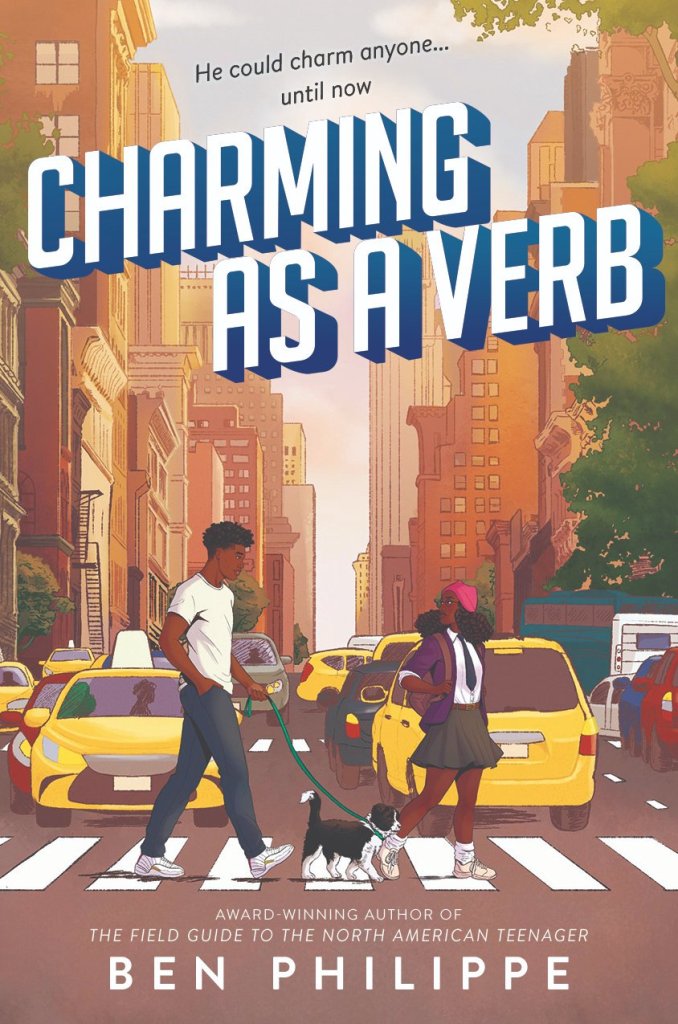
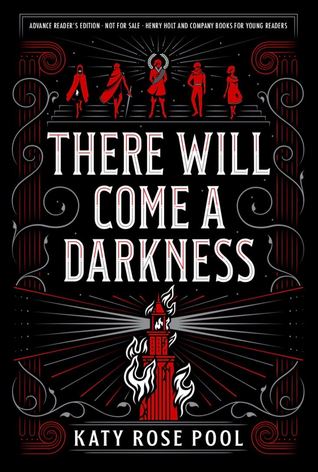 The first installment of this intriguing series from Katy Rose Pool has much to offer fans of YA fantasy. The multi-voice novel peers into the struggles of those who are “Graced” who have been targeted for elimination by a sect of the “Ungraced.” Complicating things further is the overthrow of the King and Queen whose heir, Hassan, believes he is the end of the line of his inherited reign, and the revelation of the “Last Prophet,” who must rise to prevent the coming age of Darkness. The complex narrative weaves the lives of six young people as they fight to survive. Each of the deeply envisioned characters faces unique and truly original dilemmas. From Hector Navarro who forsakes his oath to the Keepers of the Light because he has finally found the “Pale Hand,” who is responsible for the death of his family, to Hassan the prince who has escaped from the usurper of his parents’ kingdom, to the desperately afraid Anton, who is running from those who would kill him because of a vision he had as a young boy. In the process of revealing the inner lives of these fascinating characters, Pool explores the cost of betrayal, and what we would sacrifice to keep those we love alive.
The first installment of this intriguing series from Katy Rose Pool has much to offer fans of YA fantasy. The multi-voice novel peers into the struggles of those who are “Graced” who have been targeted for elimination by a sect of the “Ungraced.” Complicating things further is the overthrow of the King and Queen whose heir, Hassan, believes he is the end of the line of his inherited reign, and the revelation of the “Last Prophet,” who must rise to prevent the coming age of Darkness. The complex narrative weaves the lives of six young people as they fight to survive. Each of the deeply envisioned characters faces unique and truly original dilemmas. From Hector Navarro who forsakes his oath to the Keepers of the Light because he has finally found the “Pale Hand,” who is responsible for the death of his family, to Hassan the prince who has escaped from the usurper of his parents’ kingdom, to the desperately afraid Anton, who is running from those who would kill him because of a vision he had as a young boy. In the process of revealing the inner lives of these fascinating characters, Pool explores the cost of betrayal, and what we would sacrifice to keep those we love alive.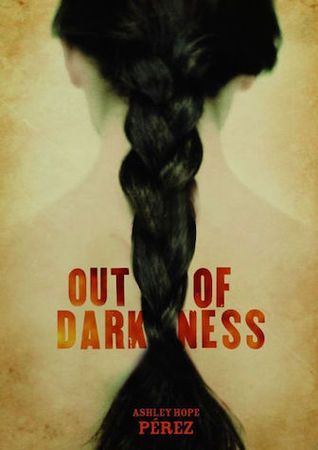 Naomi and the twins, whose mother died in childbirth, move from the home of their maternal grandparents to live with the twins’ father in New London, Texas. He abandoned the children when they were small to chase jobs in the oil fields. With the encouragement of the pastor in his newly joined parish, he believes only taking responsibility will redeem his soul. Unfortunately, his past sexual abuse of Naomi when she was a young girl prevent her from overcoming her hatred and fear of him. His selfishness and hardness keep him from winning any true affection from the twins, as well.
Naomi and the twins, whose mother died in childbirth, move from the home of their maternal grandparents to live with the twins’ father in New London, Texas. He abandoned the children when they were small to chase jobs in the oil fields. With the encouragement of the pastor in his newly joined parish, he believes only taking responsibility will redeem his soul. Unfortunately, his past sexual abuse of Naomi when she was a young girl prevent her from overcoming her hatred and fear of him. His selfishness and hardness keep him from winning any true affection from the twins, as well.